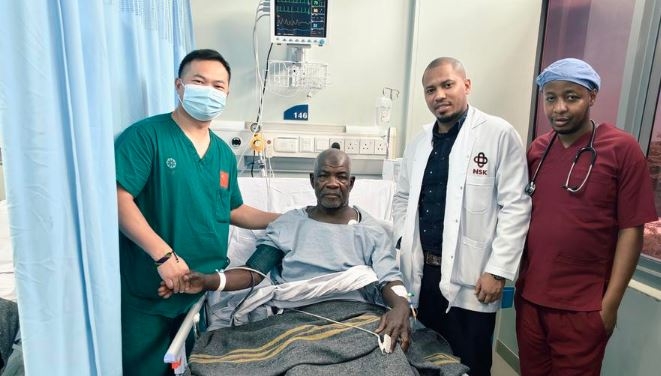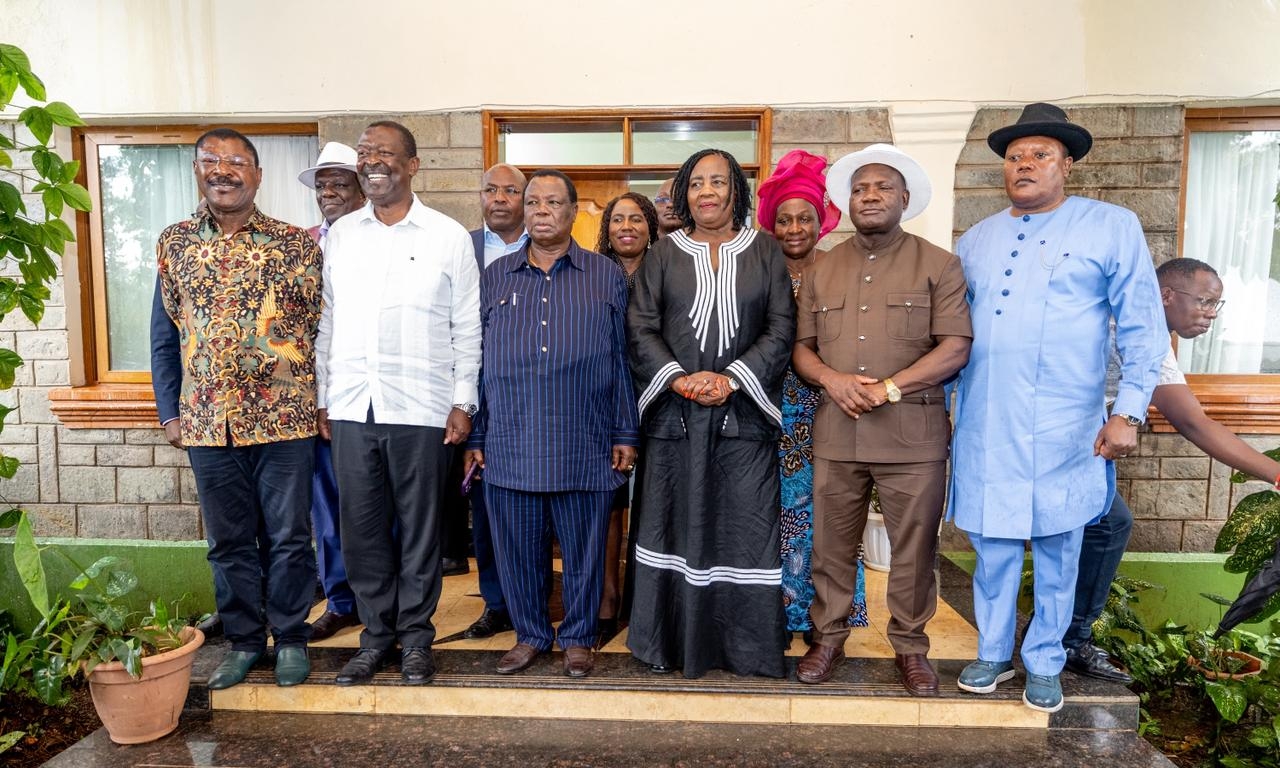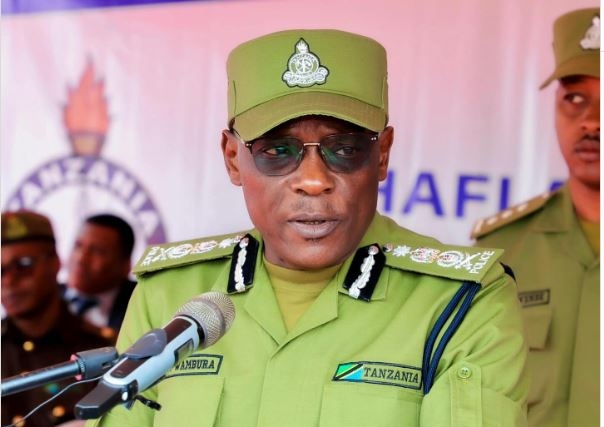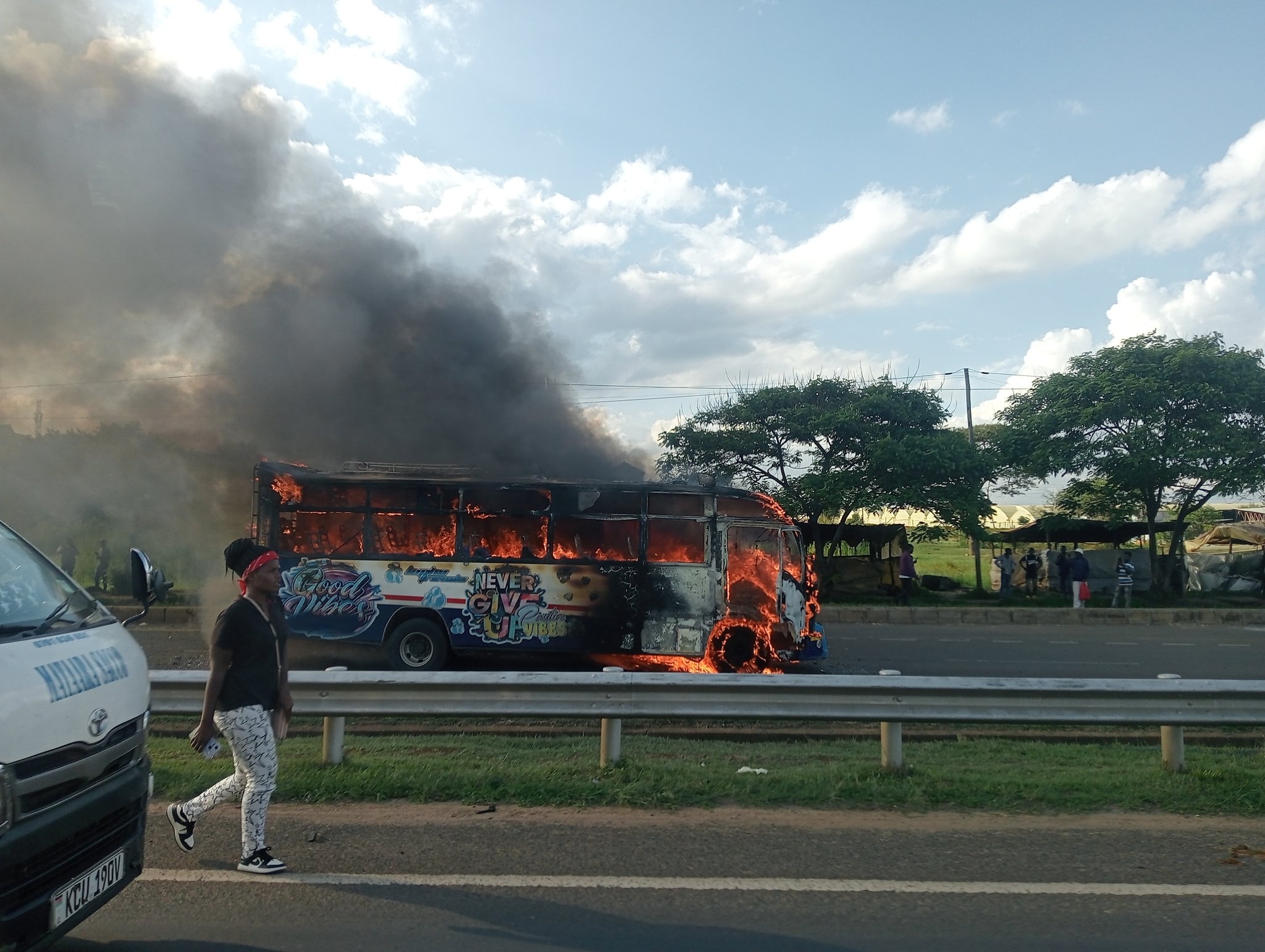The New Higher Education Funding model is a big advantage for parents and universities, Taita Taveta University Vice Chancellor Prof Simuyu Barasa has said.
He said the new model will see more students pursue their education careers on time due to the sufficient funding as opposed to the previous system where learners received partial support.
Speaking during his maiden address to the university's first years', Prof Barasa said the model will give students from vulnerable backgrounds equal opportunity in accessing university education and technical and vocational education and training.
"It is a big advantage to parents and universities and the public need to know this. Students from vulnerable families will get full funding from the government through loans and scholarships," the VC said.
Under the new model, he said, students will be classified into four categories; vulnerable, extremely needy, needy and less needy.
Students under the vulnerable and extremely needy categories will get 100 per cent government funding through scholarships and loans while those placed under needy and less needy will get 93 per cent government funding.
"This means that students from needy and less needy households will only pay seven per cent of the tuition costs. This is a reprieve compared to the previous model," he added.
A Means Testing Instrument (MTI) will be applied to scientifically determine the need levels of students.
Key considerations will include; parents’ background, gender, course type, marginalisation, disability as well as family size and composition.
Based on MIT, students from rich backgrounds will get more loans than scholarships while the less able will get more scholarships than loans.
Prof Barasa further assured first year students who were yet to report for lack of school fees, that they will be allowed to start their courses as the government works out on their funding.
"No student has been sent away at our university for lack of fees. All students will be admitted and start their classes," he said, adding that at least 200 students were yet to report.
He said this year's enrolment has increased from 379 students placed in 2022 to 1,167. The university, he said, targets to introduce new courses and increase enrolment to 3,000 by next year and stretch to up to 10,000 students in the next five years.
"This academic year we have received our maiden students in the BSc Education Arts which has attracted some 392 students. We shall roll out more students in coming years," the VC said.
He however said the institution is in dire need of clean water to sustain the growing number of learners.
He urged the government to fast track the process of connecting the university to a reliable water supply.
"The game changer here is going to be reliable, clean, piped water to the university. We have the biggest water tank in the county of 4.5 million litre capacity ready for water, but there is no water," he said.
The institution is among the areas that were set to be connected to the stalled multi-billion shilling Mzima II water pipeline.
The university is the country’s centre of excellence in Mining, Environmental Engineering and Resource Management.
It also hosts a regional training hub in Geo-Informatics.












